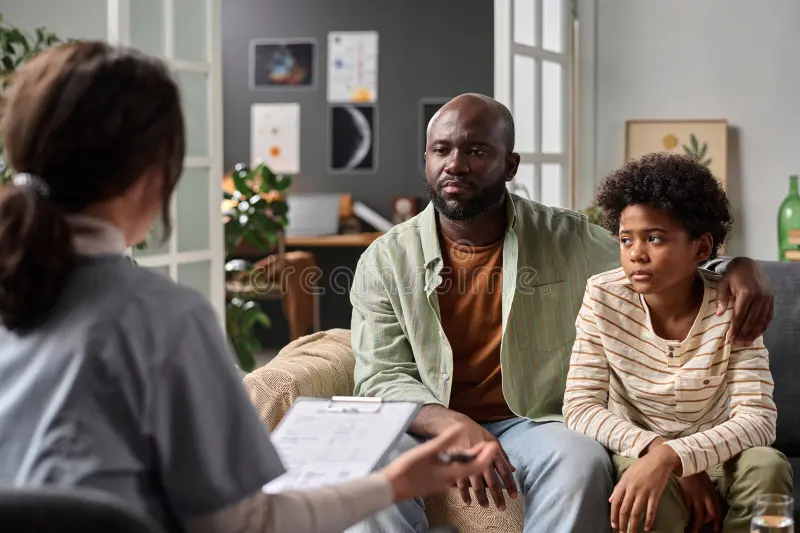24/7 Helpline:
(866) 899-221924/7 Helpline:
(866) 899-2219
Learn more about Bipolar Disorder Treatment centers in Randolph County

Other Insurance Options

Amerigroup

Health Net

BlueCross

Ceridian

Highmark

MHNNet Behavioral Health

Self-pay options

Optima

Covered California

Aetna

Premera

UnitedHealth Group

Magellan Health

Magellan

Medical Mutual of Ohio

Health Partners

Group Health Incorporated

WellPoint

EmblemHealth

Absolute Total Care

New Horizons Behavioral Health- Randolph County Mental Health and Substance Abuse Center
New Horizons Behavioral Health- Randolph County Mental Health and Substance Abuse Center is a privat...


































